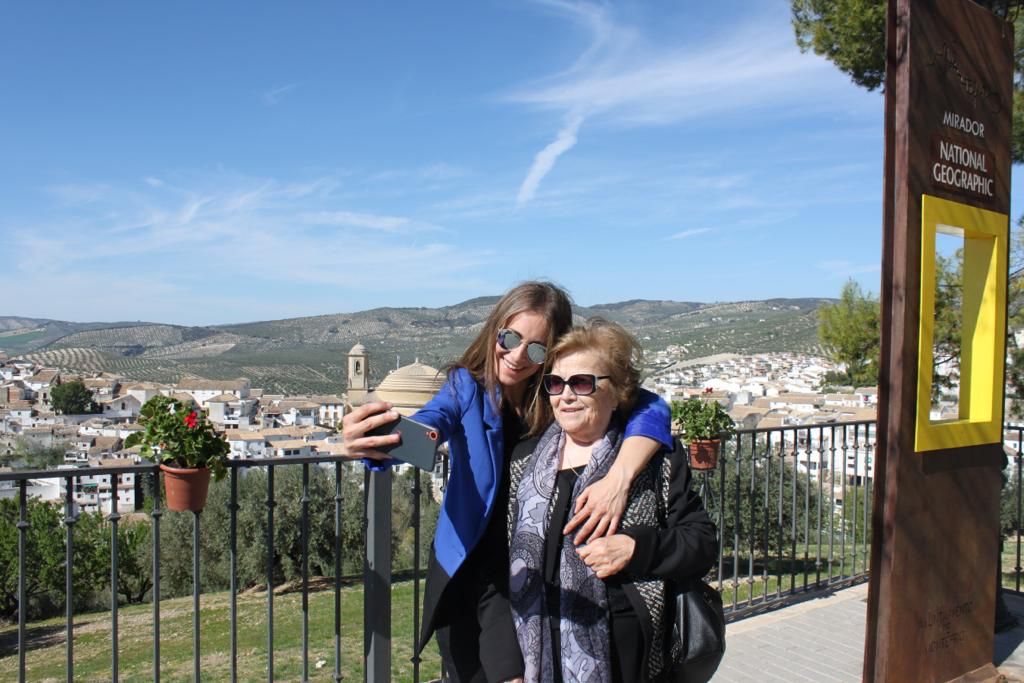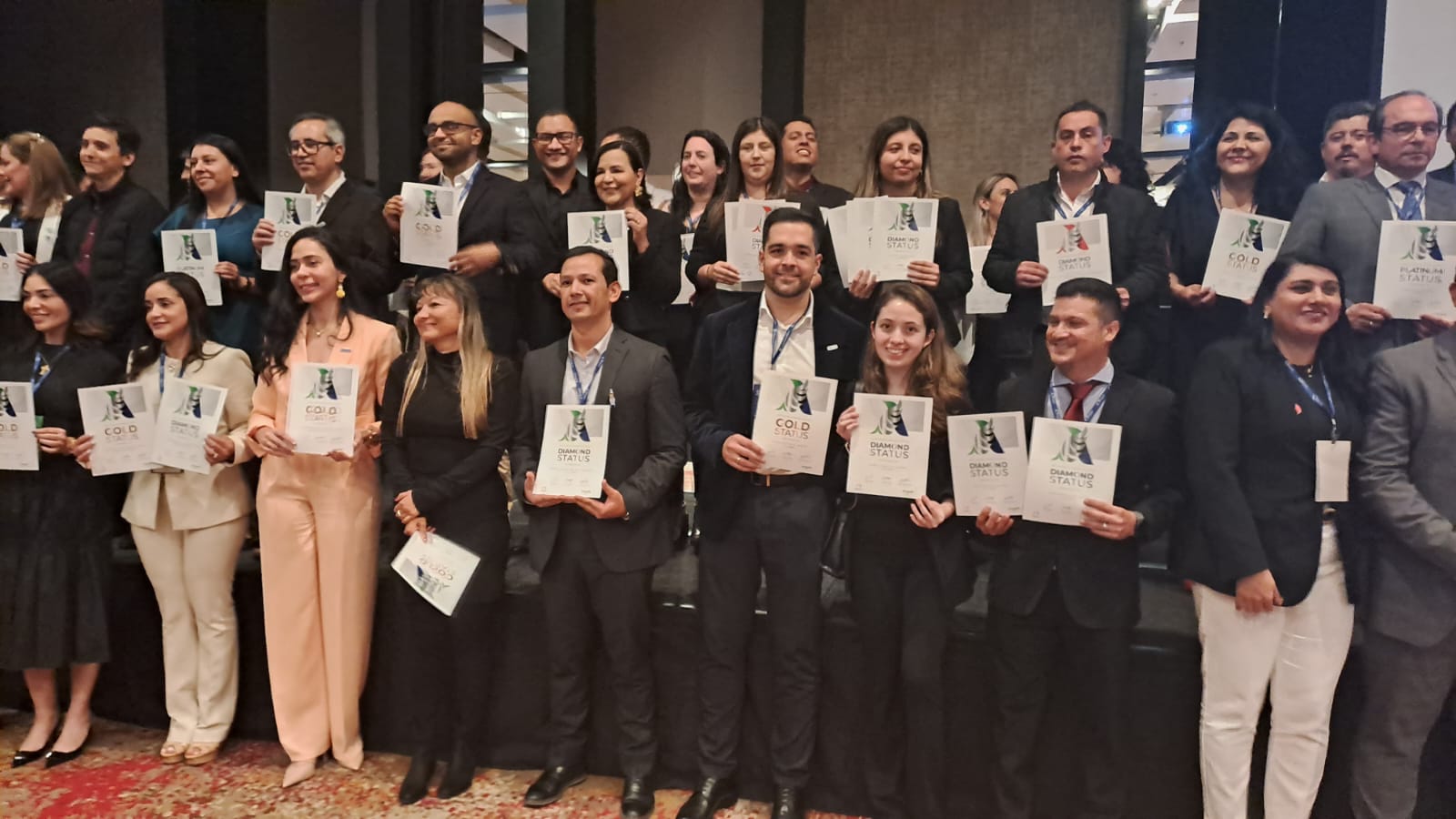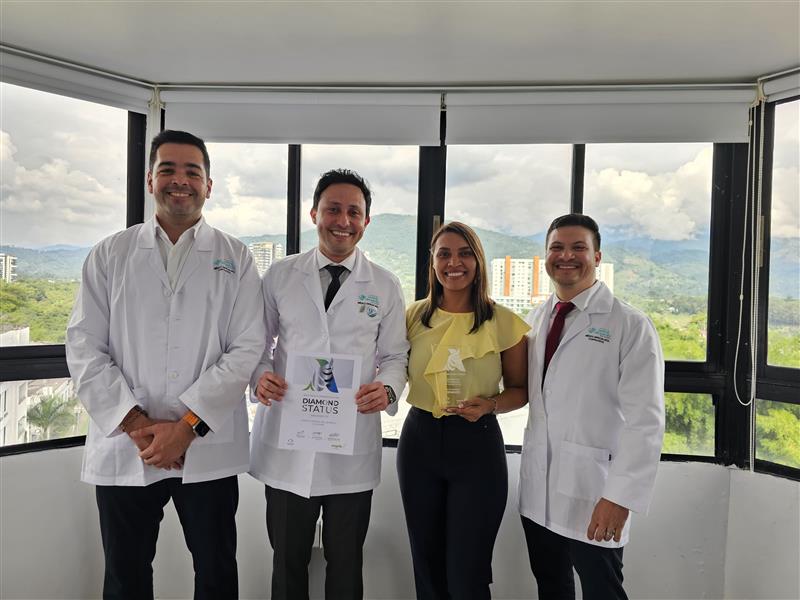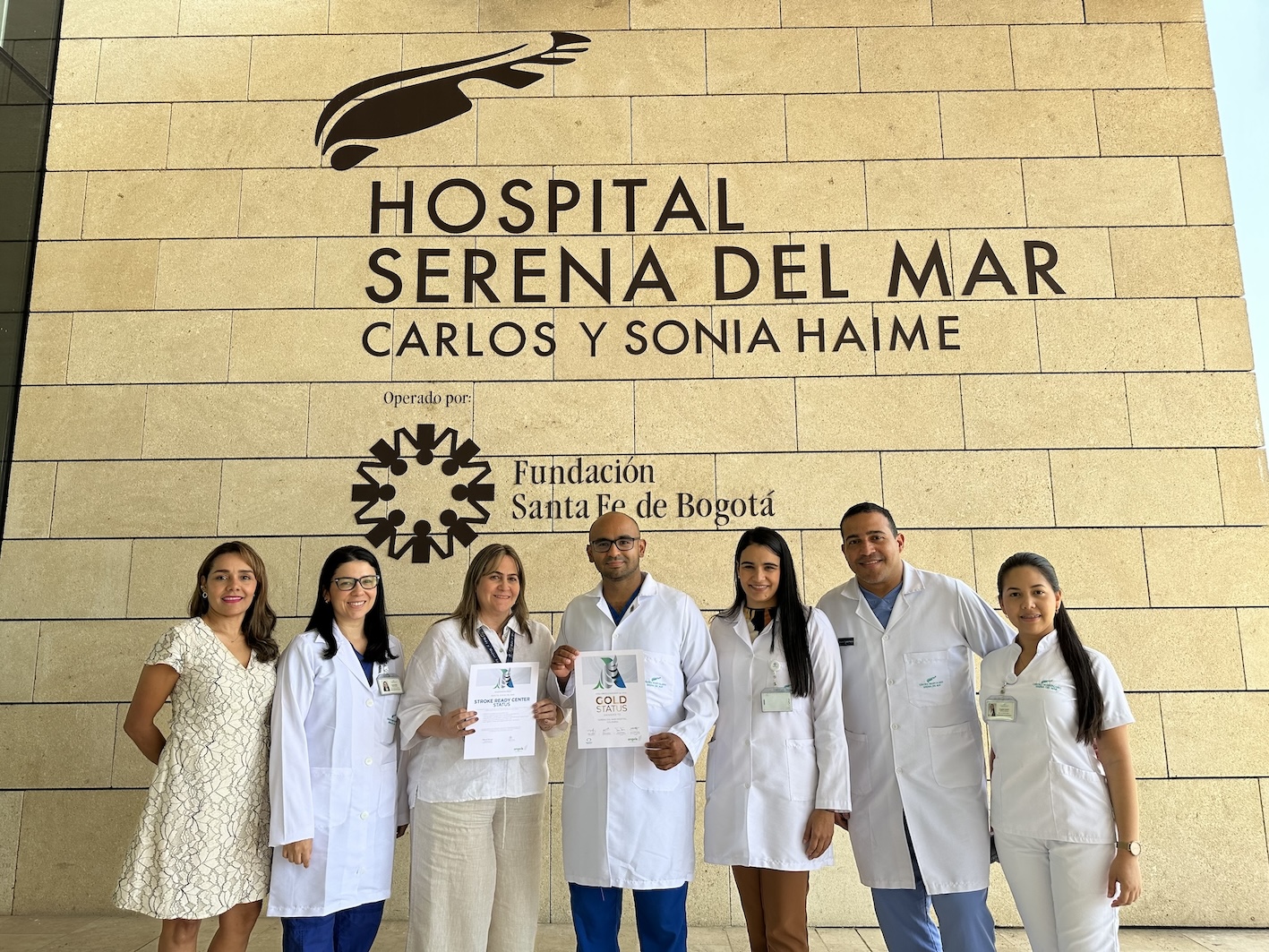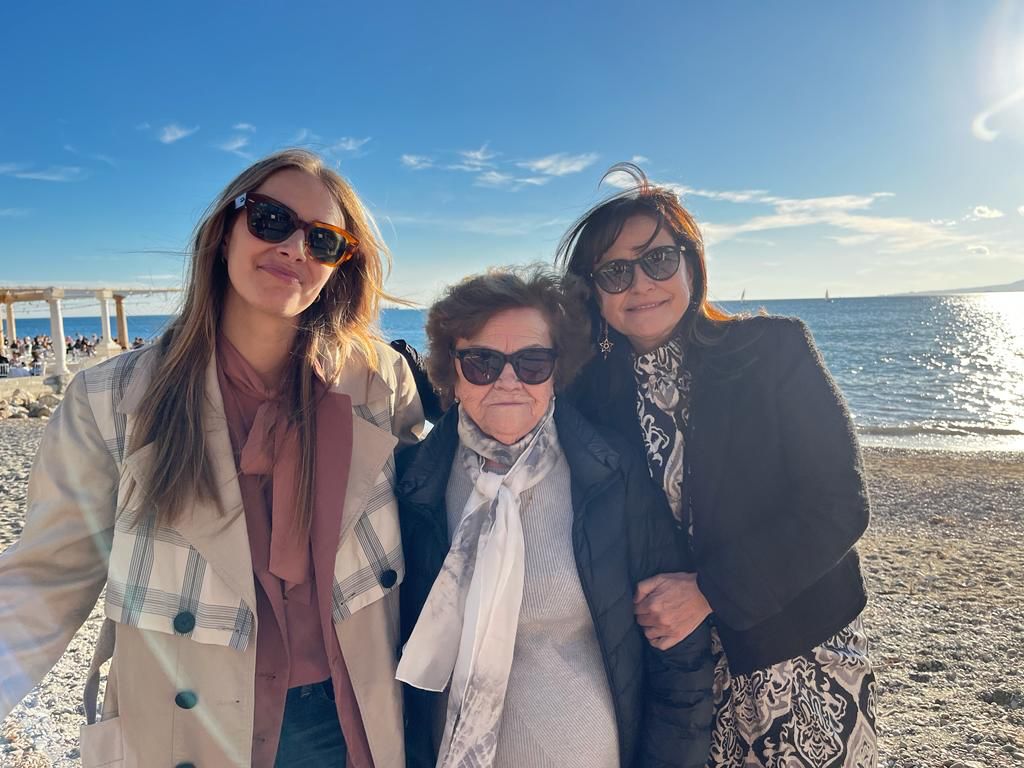
할머니 파키타가 병원에서 12일 후 집으로 갔을 때, 비극의 척도는 퇴원 보고서의 단일 노트에 기록되었습니다. “그녀의 상태가 악화되는 경우, 다시 가져오지 마십시오.”
12일 전, 89세의 파키타는 생명과 사랑으로 가득 차 있었으며, 그 중 많은 것들이 있었습니다. 그녀의 6명의 아이들은 11명의 손주와 5명의 증조할아버지에게 축복을 받았습니다. 스페인 남쪽 말라가 지방의 마을에 있는 모든 사람들은 그녀의 진심을 알고 있었고 그녀의 몸에 악의적인 뼈가 없다는 것을 알고 있었습니다.
안달루시아의 Angels 컨설턴트인 Alicia Arjona에게 할머니 파키타는 자신의 천사였습니다.
Alicia는 "그녀는 제가 아는 최고의 사람입니다."라고 말합니다. "그리고 제게 그녀는 제 두 번째 엄마입니다. 어렸을 때부터 항상 엄마, 할머니, 저였습니다. 우리는 매우 가까웠고, 우리 중 3명뿐이었습니다.”
불과 몇 주 전, 연장된 가족은 Paquita가 준비하는 데 도움이 된 즐거운 만찬으로 89세 생일을 축하했습니다. 89세는 축하의 이유일 뿐만 아니라, 독립성, 에너지, 젊은 정신을 통해 파키타를 기피한 숫자이기도 했습니다.
그러나 소뇌 뇌졸중으로 인해 뇌의 작지만 중요한 부분에 혈액 공급이 중단된 후, 89번은 중요한 결정을 내린 데이터 포인트인 엉망이 되어 모든 것이 꾸준히 악화되었습니다.
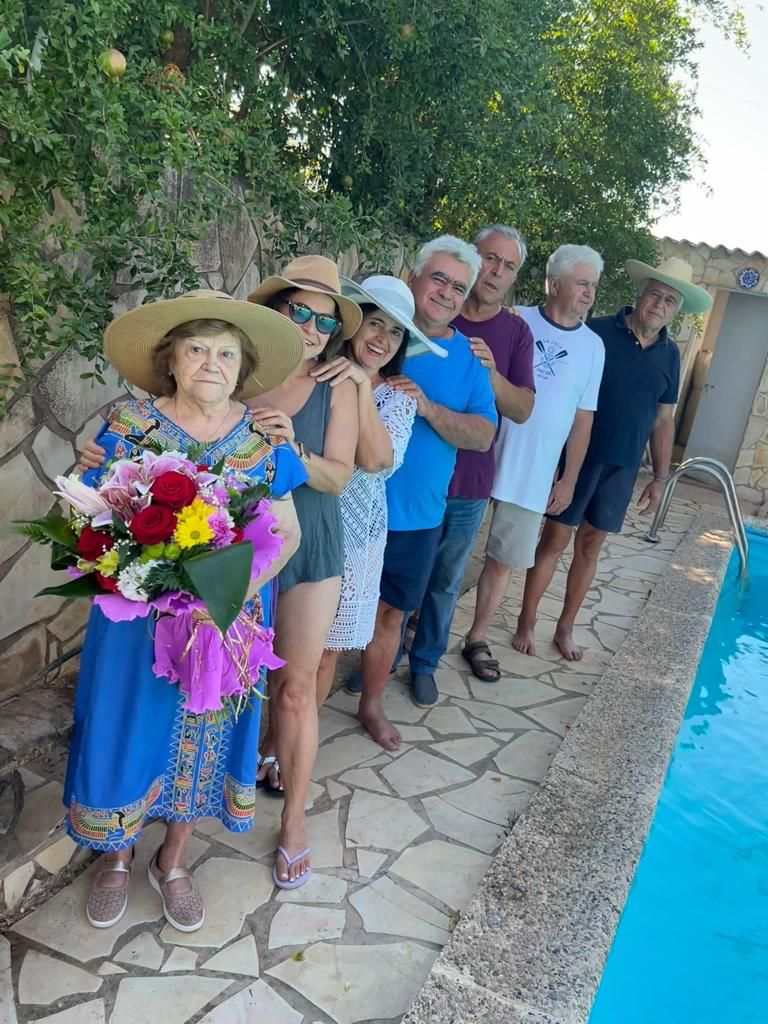
악몽이 펼쳐집니다
토요일이지만, Alicia는 어머니 Josefa가 할머니 Paquita에게 뇌졸중이 있었다고 전화했을 때 직장에 있었습니다. “제 세상이 무너지기 시작했습니다.”라고 그녀는 회상합니다. 문제를 더 악화시키기 위해, 명목상 뇌졸중 준비가 되었지만 파키타가 입원한 병원은 뇌졸중 치료를 개선하기 위해 Angels 협력하는 것을 거부한 병원이었습니다. 뇌졸중 코디네이터는 hyperacute 경로를 최적화하는 데 도움이 되도록 Alicia의 제안을 반복적으로 재충돌했으며, 간호사들은 급성기 후기 치료의 표준을 높이는 데 전혀 관심이 없었습니다.
며칠 동안 Alicia는 해독제가 없는 항응고제를 복용하고 있다는 이유로 할머니를 혈전용해술로 치료하지 않기로 한 결정을 강박적으로 조사했습니다. 그녀는 "나의 나이 때문에 그녀를 치료하지 못했을 가능성에 감명을 받았습니다."라고 말합니다.
한편, 할머니 파키타 가족에게 급성기 이후 악몽이 펼쳐졌습니다.
파키타는 뇌졸중에서 살아남을 것으로 기대되지 않았기 때문에 가족에 둘러싸여 있을 수 의약품 있는 내과로 이송되었습니다. 몇 시간 정도 걸릴 것이라고 의사들은 말했습니다.
파키타가 끊임 없이 생명에 빠졌을 때, Alicia는 전문 간호가 뇌졸중의 영향을 완화하고 합병증을 예방할 수 있는 병동으로 이사할 것으로 기대했습니다. 그러나 뇌졸중 병상은 젊은 환자와 재개통술을 받은 환자를 위해 마련되었으며, 할머니 파키타는 89세였습니다.
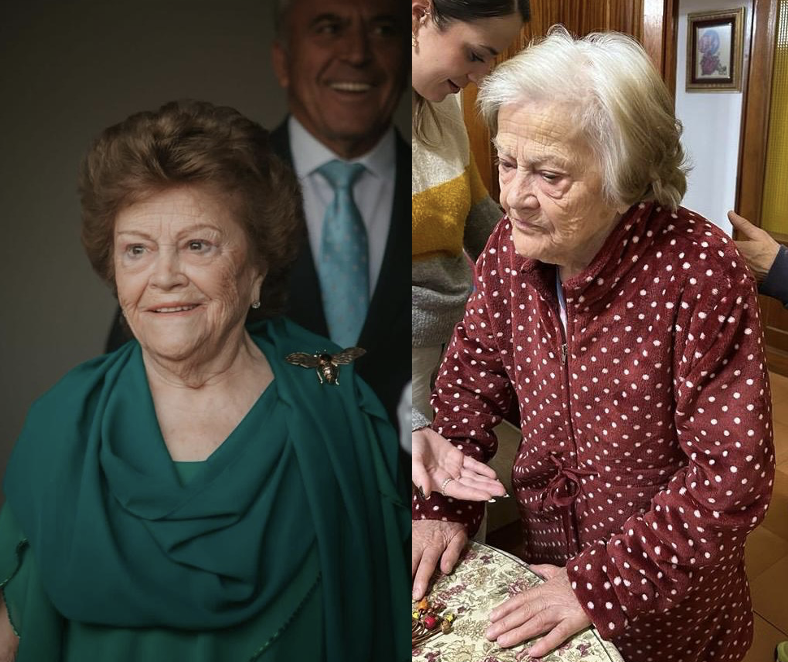
필요한 모든 조치 수행
현재 파키타가 누워 의약품 있는 내과에서 열, 당분 및 삼킴을 모니터링하는 FeSS 프로토콜이 없었고, 신경학적 평가가 없었으며, 침대 각도에 대한 주의가 없었고, 두 번째 뇌졸중을 예방하기 위한 항혈소판제가 없었고, 환자의 혈압에 대한 경계가 없었습니다. 직원이 평소와 같이 업무를 떠날 수 있도록 설득할 수 없는 Alicia는 점점 더 무서워지고 있으며, Angels의 첫 번째 규칙인 그녀는 할머니의 삶에 기회를 주기 위해 필요한 모든 일을 했습니다.
앞으로 10일 동안 최근에 간호사가 된 어린 사촌인 Alicia와 Cristina는 할머니의 침대 주변에 가상 뇌졸중 병동을 만들었습니다. Alicia는 벽과 침대 위 테이블에 올바른 절차와 체크리스트를 표시했습니다. 그녀는 시뮬레이션 교육에 사용한 혈당측정기를 가져와서 Cristina에게 4시간마다 파키타의 혈당을 모니터링하도록 지시했습니다. 그녀는 할머니의 입안에 커머셜 젤리를 붓고 있는 간호사를 분노로 중단시키고 약국에 가서 연하곤란 검사를 위해 증점제를 구입했습니다. 아나달루시안 간호 운영위원회의 일원이 원격 연하곤란 스크리닝을 수행하도록 도움을 준 후, Alicia는 파키타의 사료 배달이 나머지 가족에게 필요하다고 설명했습니다.
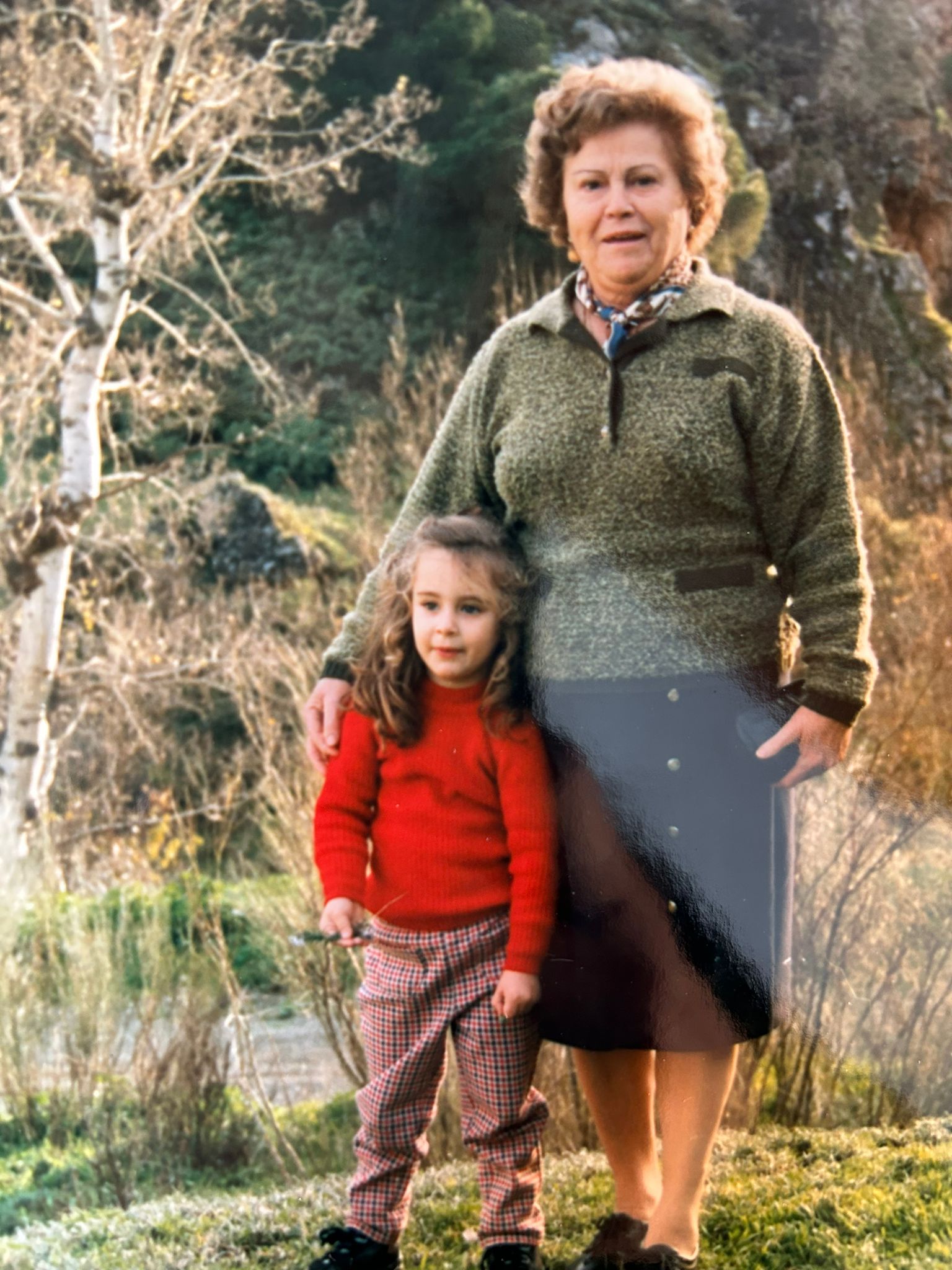
분노와 슬픔
병동 간호사들이 Alicia의 개입을 환영하는 것보다 적었다면 그녀는 단순히 신경 쓰지 않았습니다. 연하곤란의 결과로 흡인성 음경이 전혀 없었다고 주장했을 때, 그녀는 할머니가 첫 번째가 아니라고 선언했습니다. 의사가 놓아두는 것이 가장 좋을 수 있다고 제안했을 때, 그녀는 삼킬 수 없는 물을 제공받은 결과로 인한 것이 아니라고 해결했습니다.
“제 할머니가 고통스러웠어요”라고 그녀는 말합니다. “저는 그들이 싸움을 피하기 위해 무언가를 하도록 허용하지 않을 것입니다.”
할머니가 나이가 아니었다면 다르게 대우받았을 수도 있다는 사실 때문에 화가 나고 슬프게 되었습니다. “그들은 방금 또 다른 오래된 몸을 보았습니다”라고 Alicia는 말합니다. “이것이 가장 고통스러운 일이었습니다.”
하지만 통증이 더 심할 것 같았습니다.
병원에 입원한 지 2일 후인 6월 12일, Paquita는 뇌졸중을 앓았을 때와 동일한 증상을 보였습니다. 그러나, 신경학적 평가는 실시되지 않았으며 CT 스캔이 지시되지 않았다. 대신, 환자는 메스꺼움을 완화하기 위한 약물을 투여받았습니다. 5일 후 동일한 증상이 재발했습니다. 토요일이었고, 이번에는 의사가 전화를 받지 않았습니다.
6월 22일 퇴원일에, CT 스캔에서 뇌의 다른 부위에서 출혈성 전환과 이차 뇌졸중이 확인되었다. 손상은 엄청났습니다.
그 후 퇴원 양식에 메모를 추가했습니다. “그녀의 상태가 악화되는 경우, 다시 가져오지 마십시오.”
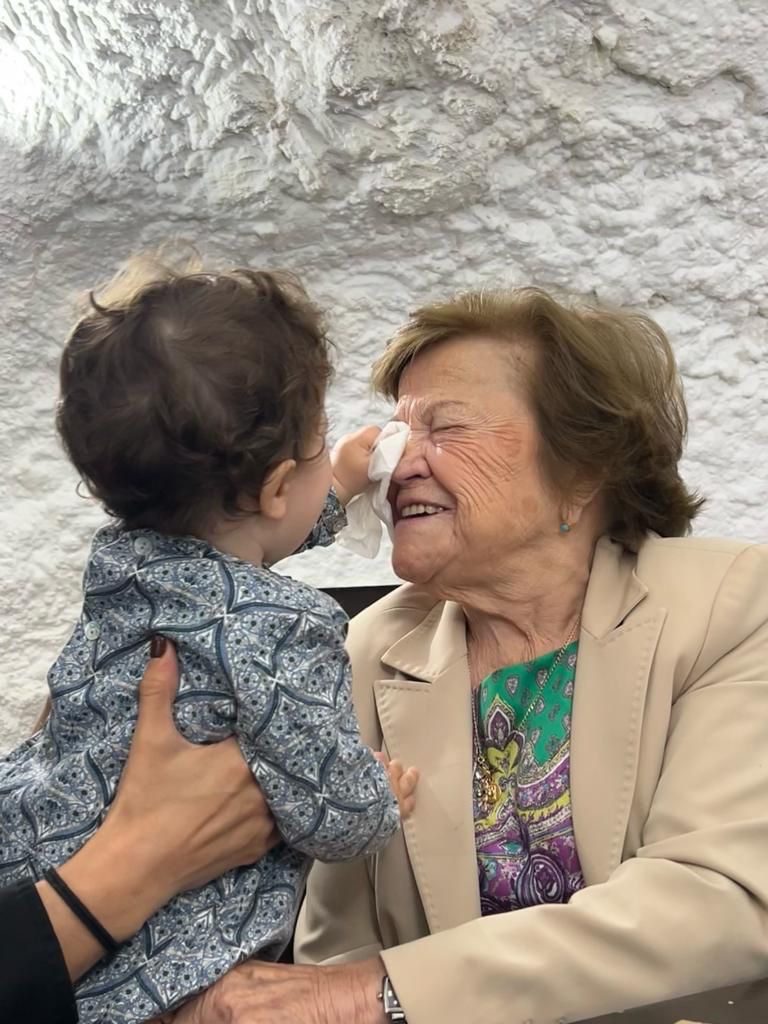
은색 내벽
Josefa와 Alicia는 여전히 Paquita의 집을 방문하지만 그녀는 그녀가 어디인지 또는 그들이 누구인지 거의 알지 못합니다. 그녀는 지금 살아남았지만, 호세파는 이미 어머니를 잃었고, 알리시아는 천사를 잃었습니다. 그녀는 "더 이상 제 할머니가 아닙니다."라고 말합니다.
은색 내벽을 찾기로 결심한 Alicia는 스페인의 Angels community에 감사의 말을 전합니다. 이 커뮤니티는 그녀를 관례 전반에 걸쳐 그들의 마음과 손에 맡겼습니다. 그리고 그녀는 Angels의 필요성에 대해 그 어느 때보다 확신했습니다. “이제 뇌졸중 환자의 삶이 얼마나 취약한지, 그리고 뇌졸중 환자를 돕는 데 우리의 일이 얼마나 중요한지에 대한 또 다른 예를 들어보겠습니다.”
이 병원의 의사들과 간호사들은 파키타의 손녀 마지막을 보지 못했습니다. 그녀는 이렇게 말합니다. "이 병원이 교육을 받기를 원하므로 아무도 같은 방식으로 고통을 받지 않습니다. 그들은 원격 뇌졸중 네트워크와 운영 위원회에 가입해야 하며, 프로토콜과 경로에 대해 Angels 협력하는 데 동의해야 합니다.”
그녀는 뇌졸중 환자의 가족 역할을 상상하도록 격려하여 공감을 활용할 수 있기를 바랍니다. 그녀는 자신이 그들의 협력자이며, 그들이 하는 일을 더 잘할 수 있도록 돕는 것이 그녀의 의도임을 그들에게 설득하기를 희망합니다. 그녀가 할 의도가 없는 것은 그들에게 선택권을 주는 것입니다.
그녀는 다음과 같이 말합니다. “그들은 거절할 수 없을 것입니다.”
